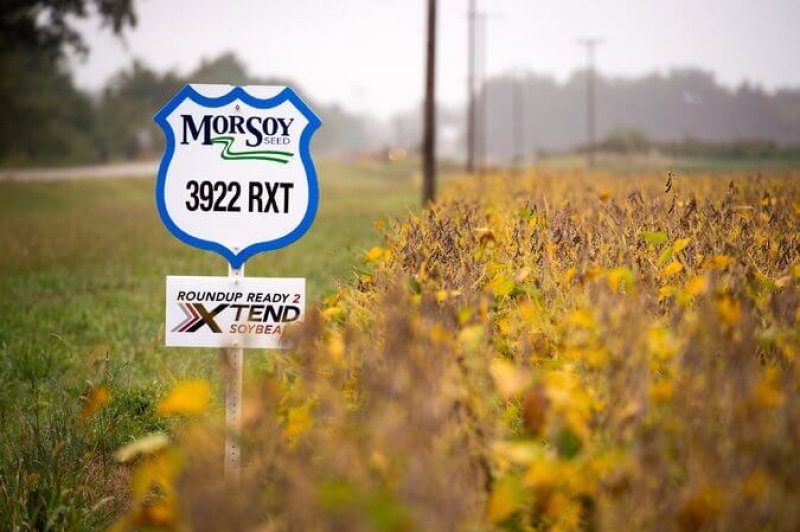By mid-October, state departments of agriculture nationwide had received 2,708 complaints from soybean farmers who claimed their fields had been damaged by wayward dicamba. Some 3.6 million acres had been affected, an unprecedented case of herbicides gone rogue. The Missouri, Arkansas, and Tennessee agriculture departments all temporarily restricted or banned dicamba (several more states will do so in 2018), and farmers launched at least four class-action suits demanding restitution from dicamba-makers. The company at the center of the firestorm was Monsanto—which in October struck back with its own lawsuit, seeking to halt an Arkansas regulation that limits dicamba use.
…
In early November, Environmental Protection Agency officials warned in a meeting with herbicide-makers that they could lose dicamba approval if their products continued to damage crops. And [University of Missouri plant pathologist Kevin] Bradley says growers might spray less dicamba in 2018 to avoid trouble with their neighbors. But on the flip side, more farmers may buy the double-resistant seeds, to protect themselves from dicamba. Indeed, [Missouri soybean farmer Darvin] Bentlage says, one seed dealer recently hit him with this pitch: “You might as well buy some dicamba seeds. You know your neighbor’s gonna spray it—you might as well buy it, too, to keep from getting damaged.” In other words: Nice little soybean crop you have there; be a shame if something bad happened to it.
Read full, original post: This Weed Killer Is Wreaking Havoc on America’s Crops































